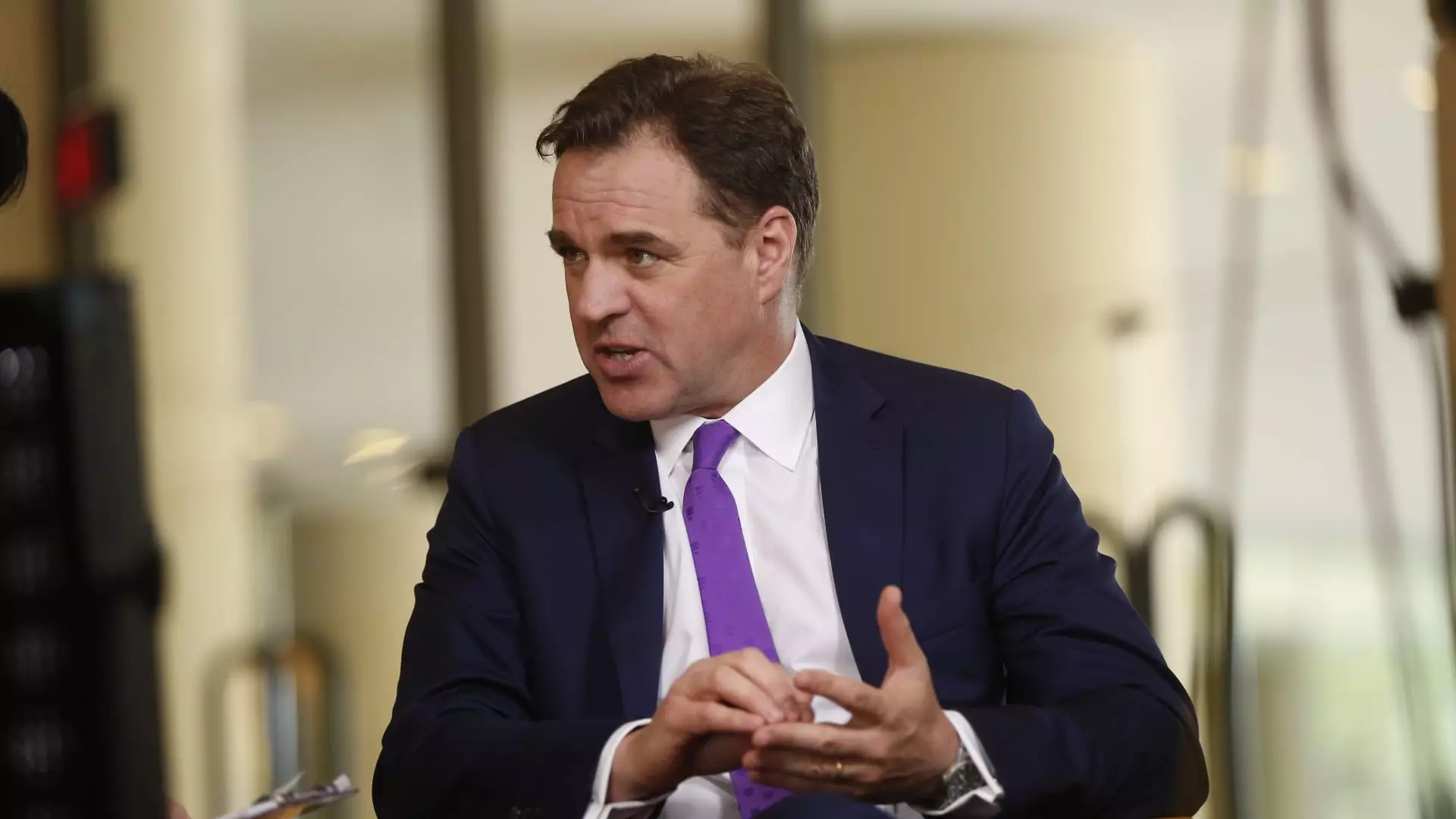Historian Niall Ferguson recently challenged the notion that former U.S. President Donald Trump poses a significant threat to the country’s democracy. Despite initial concerns about Trump’s leadership style and intentions when he took office in 2016, Ferguson argued that the events of his first term have weakened the case against him. In particular, Ferguson highlighted the controversial events of January 6, 2021, when a violent mob stormed the U.S. Capitol in response to Trump’s electoral defeat. While these actions were condemned by many, Trump’s subsequent return to the political arena has raised questions about the efficacy of claims that he represents an existential threat to democratic norms.
Ferguson pointed out that the U.S. political system was able to contain Trump’s more extreme impulses during his first term, including his efforts to challenge the outcome of the 2020 election. Despite the chaotic scenes at the Capitol and the subsequent fallout, Trump’s ability to navigate these challenges and remain a prominent figure in American politics has led some observers to reconsider the narrative of an imminent crisis of democracy. By invoking historical parallels, such as Grover Cleveland’s non-consecutive terms as president, Ferguson suggested that the U.S. system has mechanisms in place to prevent authoritarian overreach by any individual leader.
One of the key arguments made by Ferguson is that ordinary American voters may be less swayed by claims that Trump poses a unique danger to democracy, especially in comparison to alternative candidates. The experiences of Trump’s presidency, marred by scandals and controversies, have influenced public attitudes towards allegations of political misconduct and abuse of power. The ongoing criminal and civil cases involving Trump, including allegations of election interference and financial impropriety, have added complexity to the narrative of his potential impact on democratic institutions. Ferguson’s assessment of the upcoming electoral choices, particularly the distinctions between Trump and his potential opponents, underscores the importance of policy differences and governance styles in shaping public perceptions of democratic governance.
Looking ahead to the next election cycle, Ferguson highlighted the contrasting economic policy proposals of Trump and his potential Democratic rivals, such as Kamala Harris. The proposed tax rates on capital gains and the approach to addressing the growing U.S. deficit have emerged as key points of contention in the political debate. While Trump advocates for lower taxes and higher economic growth as a solution to fiscal challenges, Harris has put forward a more progressive tax plan that targets wealthier households. The implications of these divergent policy agendas on economic stability and government finances are likely to influence voter choices and shape the future direction of U.S. economic policy.
The ongoing debate over the threat posed by Donald Trump to U.S. democracy reflects broader concerns about the state of American governance and political culture. By critically assessing Trump’s actions and their repercussions, as well as considering the broader context of electoral dynamics and policy debates, stakeholders can gain a clearer understanding of the challenges and opportunities facing the country. As the political landscape continues to evolve, informed analysis and thoughtful deliberation will be crucial in navigating the complexities of modern democracy in the United States.

Leave a Reply